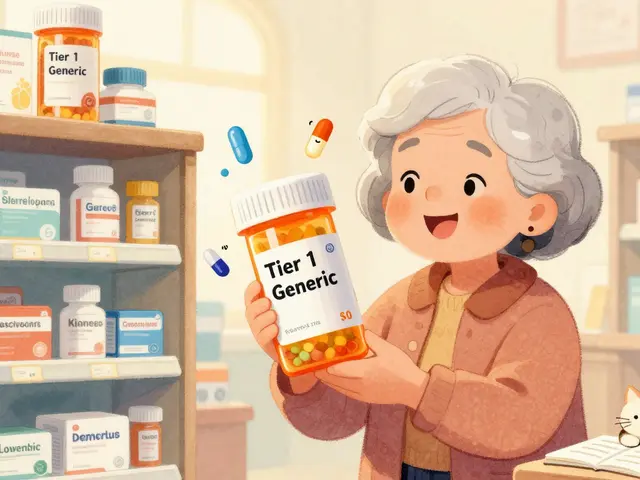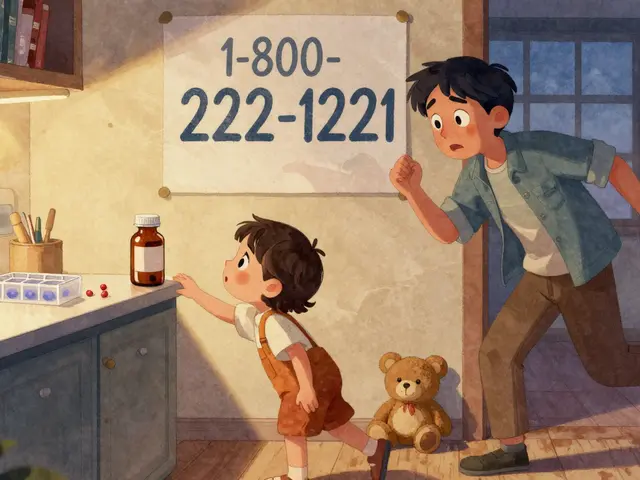
Data Security Tips for Safe Online Pharmacy Shopping
If you’ve ever ordered pills from a website, you’ve probably wondered how safe your data really is. The truth is, not every pharmacy protects your info the same way. A few quick checks can stop hackers before they even see your name or credit card.
Check for Real Security Badges
The first thing to look at is the address bar. Does it start with https://? The little padlock means the site uses encryption, which scrambles data as it travels between you and the server. If the lock is missing or shows a warning sign, walk away – it’s a red flag that your details could be exposed.
Read the Privacy Policy, Then Forget It
You don’t have to read every line of legal text, but skim for key points: does the pharmacy say they share data with third parties? Do they keep records only as long as needed? A trustworthy site will limit data collection and explain how it protects you. If the policy is vague or missing, that’s another warning sign.
Two‑factor authentication (2FA) adds an extra layer of safety. When a pharmacy lets you enable 2FA, you’ll need both your password and a code sent to your phone to log in. It makes it much harder for thieves to break in, even if they guess your password.
Strong passwords matter too. Use at least twelve characters with a mix of letters, numbers, and symbols. Avoid using the same password for your pharmacy account and other sites – a breach elsewhere could give hackers access to your medical orders.
Watch out for phishing emails that look like they’re from your pharmacy. These messages often ask you to click a link or download an attachment. Instead of clicking, go directly to the pharmacy’s website by typing the address into your browser. If the email asks for personal info, it’s probably fake.
When you pay, choose credit cards over debit cards whenever possible. Credit cards usually have better fraud protection and won’t let a thief drain your bank account instantly. Some pharmacies also accept secure payment services like PayPal, which add another barrier between your bank details and the seller.
If you’re concerned about how long the pharmacy keeps your data, request deletion after your order is complete. Many reputable sites have a “delete my account” option or will honor a written request under privacy laws such as GDPR or CCPA.
Finally, keep your device clean. Install updates for your operating system and browser regularly – they often patch security holes that cybercriminals exploit. A trusted antivirus program can also warn you about unsafe sites before you click through.
By following these simple steps, you can shop for medication online without handing over your personal info to just anyone. Stay aware, check the basics, and enjoy the convenience of digital pharmacies with peace of mind.
-
24 May







